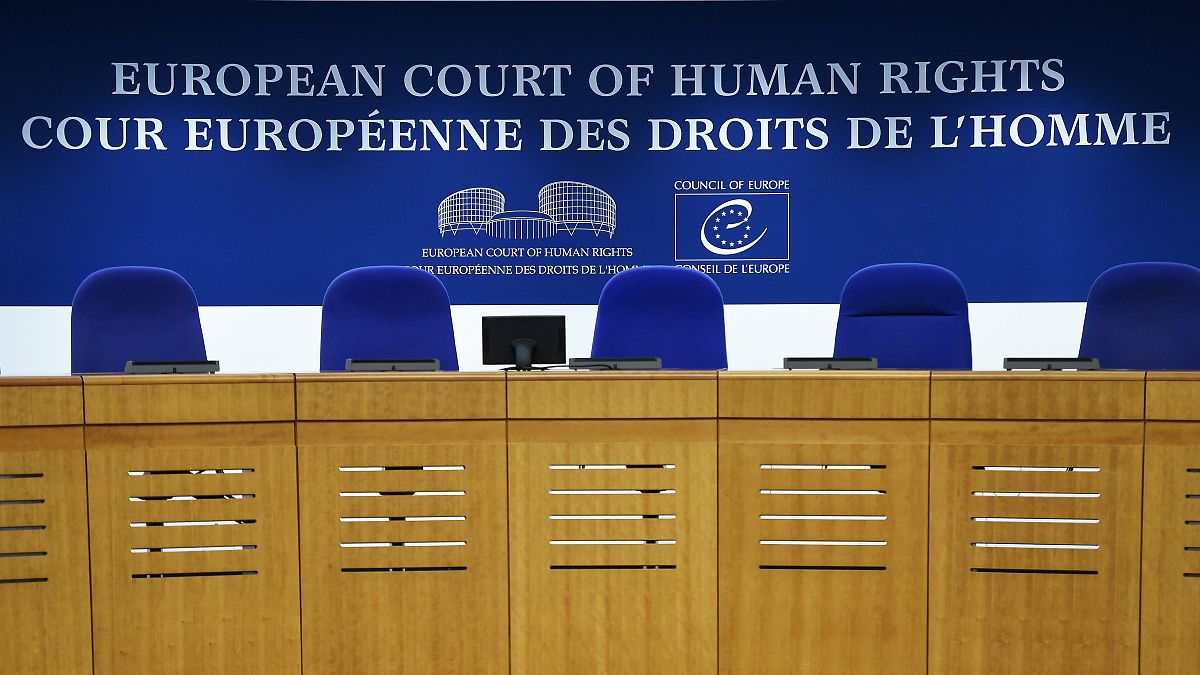Bayram Mammadov and Qiyas Ibrahimov were caught writing on a statue. They were beaten up before being charged with "drug trafficking" and jailed.
The European Court of Human Rights (ECHR) condemned Azerbaijan on Thursday for convicting two activists on invented drug charges in retaliation for painting political graffiti on the statue of a former president.
Bayram Mammadov and Qiyas Ibrahimov, two members of the opposition civil society movement NIDA, painted the slogans "f*** the system" and "Happy Slave Day" on the statue of former Azeri president, Heydar Aliyev, in May 2016.
The latter phrase is a play on words that refers to the slogan "Happy Rose Festival" which is linked to commemorations of the former president’s birthday.
The pair said they were caught in the act by police in plain clothes. They were then beaten up, taken to a police station and questioned about the graffiti before being charged with "drug trafficking".
At the police station, officers "allegedly planted drugs on them and subjected them to ill-treatment in order to force them to confess to drugs charges," the ECHR concluded.
The police had also claimed to have found a kilogramme of heroin in one of their homes, which the activists said was also planted.
The two men were sentenced to 10 years in prison. Although all their appeals were rejected by the courts, they both received a "presidential pardon" in 2019 and were released.
The activists were convicted "because of the political slogans they had painted," the Strasbourg judges said, pointing out the fact that their arrest and conviction were clearly “reprisals”.
The pan-European court also took a swipe at Baku for "the systemic failure [of its courts] to protect individuals from arbitrary arrest and detention," as this case illustrates.
Citing the European Committee for the Prevention of Torture (CPT), the court said this "lack of effectiveness" in Azeri investigations made it "an exception within the Council of Europe".
Concluding that there had been a violation of several articles of the European Convention on Human Rights — in particular Articles 3 (prohibition of inhuman or degrading treatment) and 10 (freedom of expression) — the Court ordered Azerbaijan to pay 30,000 euros in damages to each of the applicants damage as well as 6,000 euros each in costs.
